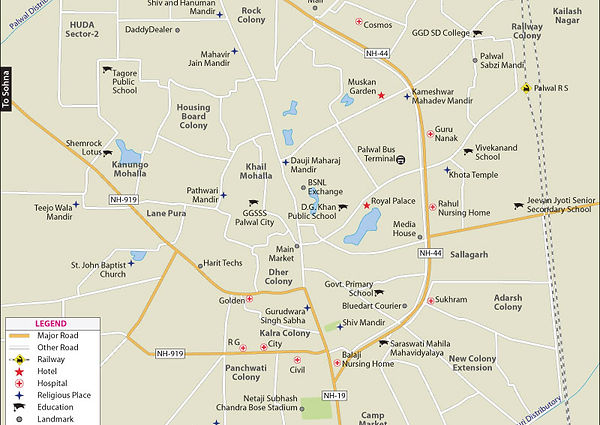Home Loan in Palwal
Avail home loans up to Rs.10 crore with interest rates starting at 6.90% p.a. with additional benefits such as extended loan terms and flexible repayment options. Simple documentation, quick processing, and excellent customer service with a response time of 30 – 45 minutes makes Bindal Finance a go-to place for all your housing loan needs.
.png)
HDFC Home Loan

SBI Home Loan
.png)
ICICI Home Loan
.png)
Axis Home Loan
Bank Name | Bank | Tenure | Processing Fees | Interest Rate |
|---|---|---|---|---|
SBI | 1-30 Years
Tenure Range | 0.35% onwards (min. Rs.2,000; max. Rs.10,000)
(Processing Fee) | 7.55% - 10.85% p.a.
(Floating Rate) | |
HDFC Bank | 1-30 Years
Tenure Range | 0.5% or Rs.3,000 whichever is higher
(Processing Fee) | 7.55%* onwards
(Floating Rate) | |
Union Bank of India | 1-30 Years
Tenure Range | 0.50% or ₹15,000 Maximum
(Processing Fee) | 7.40% p.a. onwards
(Floating Rate) | |
PNB | 1-30 Years
Tenure Range | Up to 0.5% of the loan amount
(min 10,000 in both cases, excluding taxes)
(Processing Fee) | 7.50% p.a. onwards
(Floating Rate) | |
BANK OF BARODA | Up to 30 Years
Tenure Range | NA | 6.90% to 8.25%
(Floating Rate) | |
CANARA BANK | 30 Years
Tenure Range | 0.50% (min. Rs.1,500; max. Rs.10,000)
(Processing Fee) | 7.05% to 9.30% p.a
(Floating Rate) | |
LIC Housing Finance | 25 Years | 0.25% of the Loan Amount
| 7.1%* | |
Axis Bank | 1-30 Years
Tenure Range | 0.50% (min.₹ 10,000)
(Processing Fee) | 6.90% p.a. onwards
(Fixed /Floating Rates) | |
Aditya Birla Capital | 1-30 Years
Tenure Range | ₹ 5,000 to ₹ 10,000 + applicable tax
(Processing Fee) | 9.00% – 12.50% p.a
(Floating Rate) | |
Sundaram Home Finance Limited | 20 years | NA | 9.1%* |
Palwal

Lowest Interest Rate
Home loan interest rates are the lowest ever in the past 15 years. With raining festival offers on home loan, currently you can avail of the best interest rate on Bajaj Finserv home loan @7.70% p.a for all loan amounts.
No Foreclosure Charge
Home Loans at floating interest rate (linked to repo rate) offer you ultimate prepayment flexibility. There is no part or full prepayment charge. You can prepay early & reduce interest cost as per your cash flows.
Affordable EMI plans
You can avail the lowest Home Loan EMI at Rs. 727/- per lakh with maximum repayment flexibility. Some options are Step-Up EMIs, Step Down EMIs, Moratorium, OD facility, balance transfer, top up and more.
High loan Financing
Home Loans at floating interest rate (linked to repo rate) offer you ultimate prepayment flexibility. There is no part or full prepayment charge. You can prepay early & reduce interest cost as per your cash flows.




